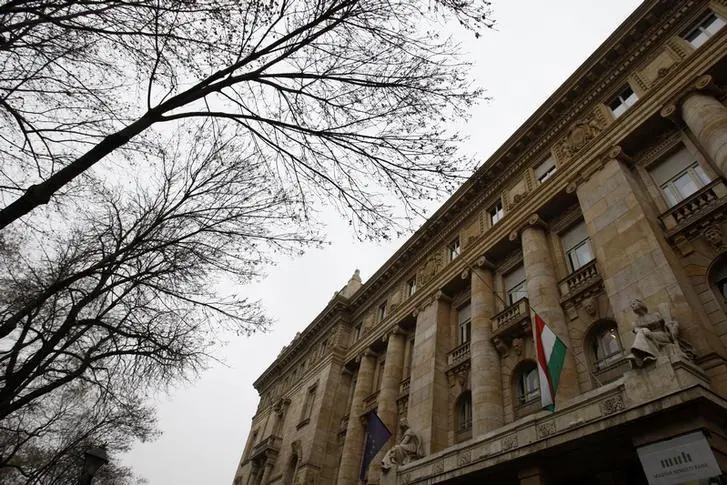PHOTO
Hungary's government has raised the 2023 budget deficit target to 5.2% of economic output from 3.9%, the finance ministry said on Tuesday, citing increased spending on pensions, energy subsidies and family subsidies.
Hungary's economy is expected to stagnate this year at best, as the European Union's highest inflation - which peaked above 25% in the first quarter - has slammed the brakes on consumption.
Prime Minister Viktor Orban's government is struggling to revive growth and lending, in order to put the economy back on a path of expansion next year, when European parliamentary elections are due.
The government has stepped up its criticism of the central bank in recent weeks, with the two sides trading blame for the inflation crisis.
With inflation retreating, the National Bank of Hungary (NBH) cut its one-day deposit rate by 100 basis points to 13% last week, unwinding its emergency rate hikes launched last October, but struck a cautious tone about further easing.
Economic Development Minister Marton Nagy said on Monday that the recovery would be hampered by central bank interest rates exceeding projected inflation from September.
In a separate statement on Tuesday, Nagy's ministry, which has been in talks with the country's banks, called on commercial banks to impose an interest rate cap on new loans for companies and households below the central bank's 13% benchmark rate.
It said new loans for households should carry a maximum interest rate of 8.5% while the cap on new loans for businesses should be set at 12% from Oct. 9.
The Bank Association was not immediately available for comment.
(Reporting by Krisztina Than Editing by Shri Navaratnam)





















